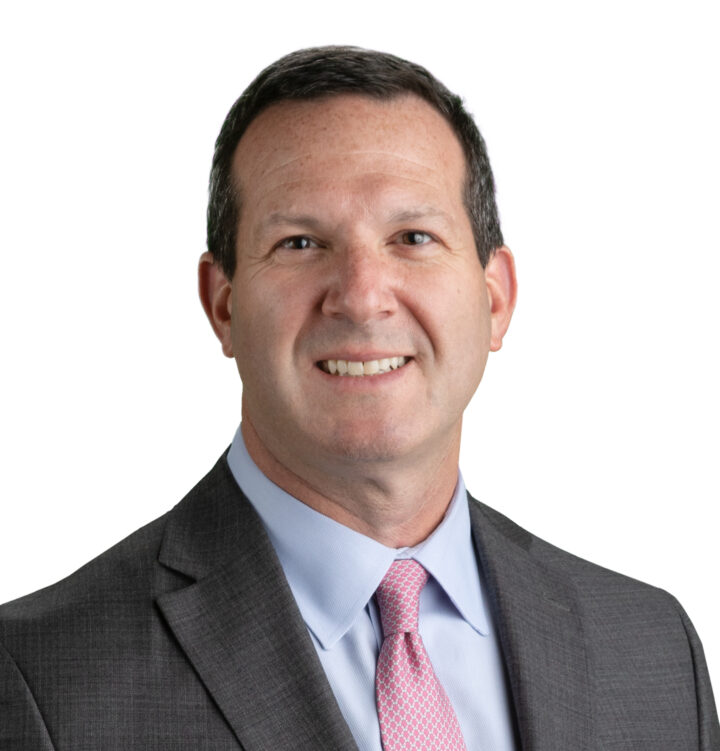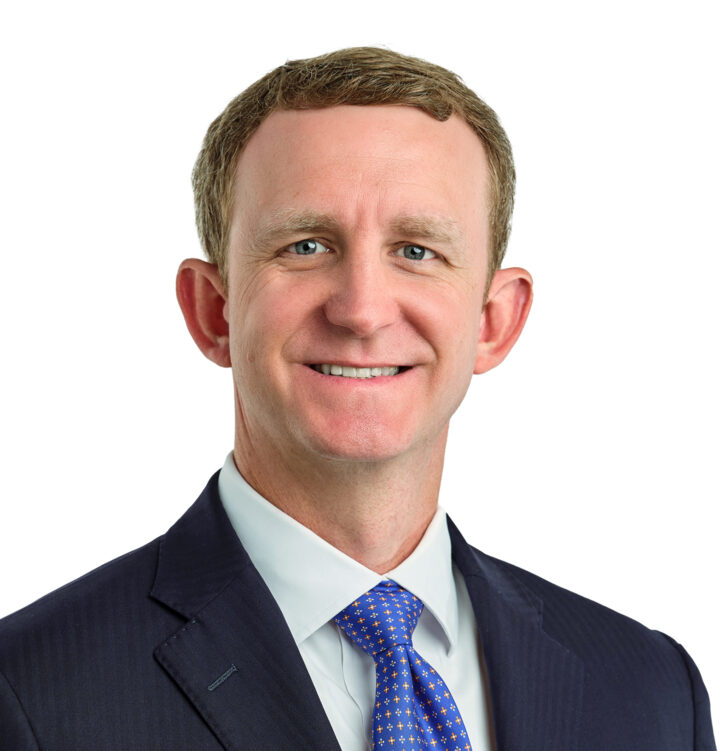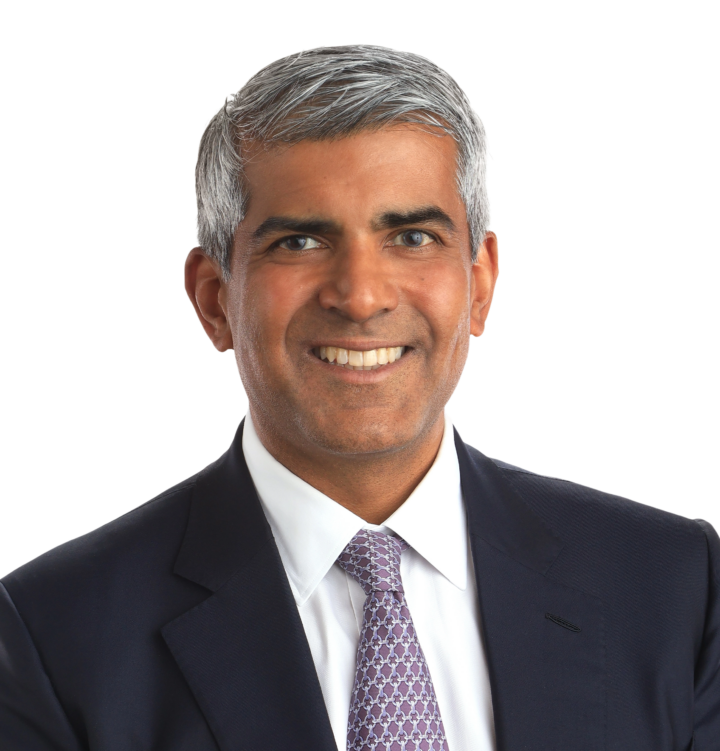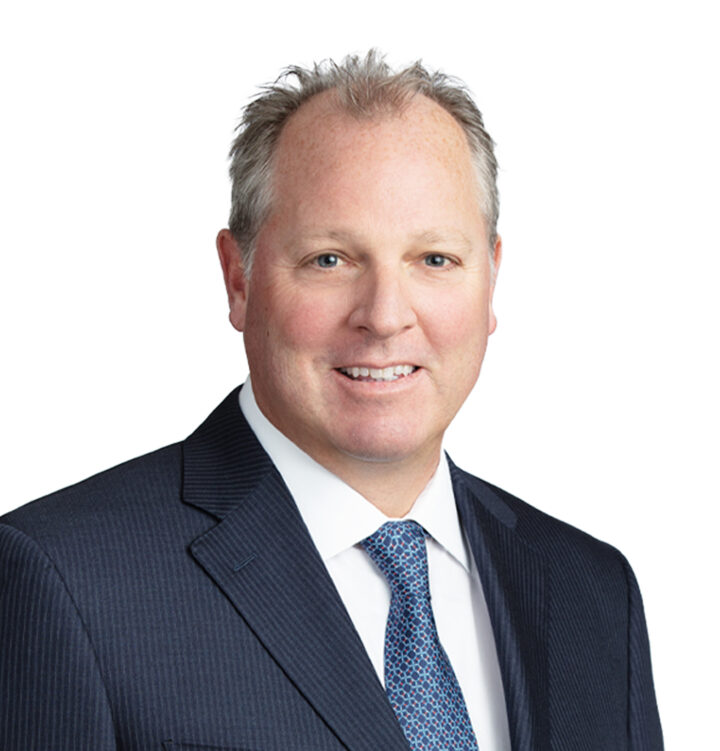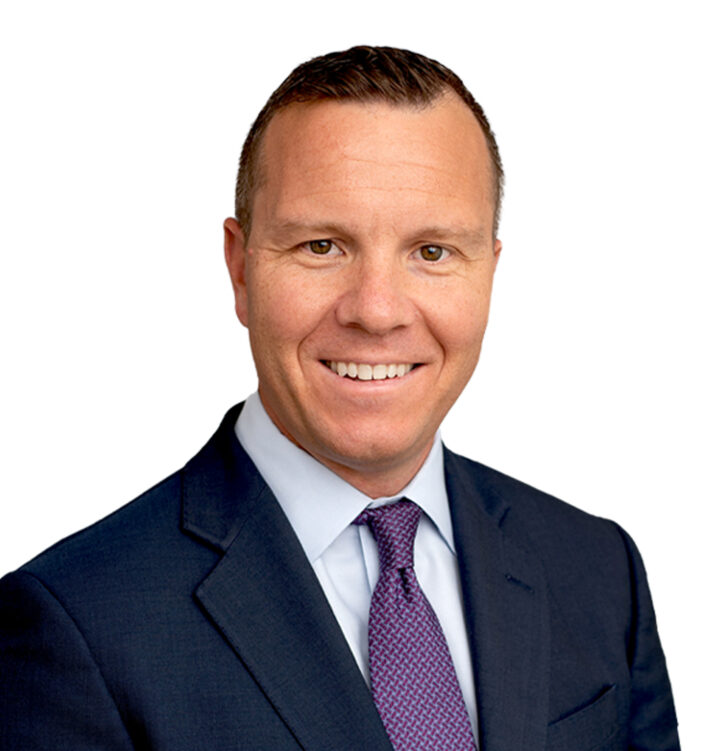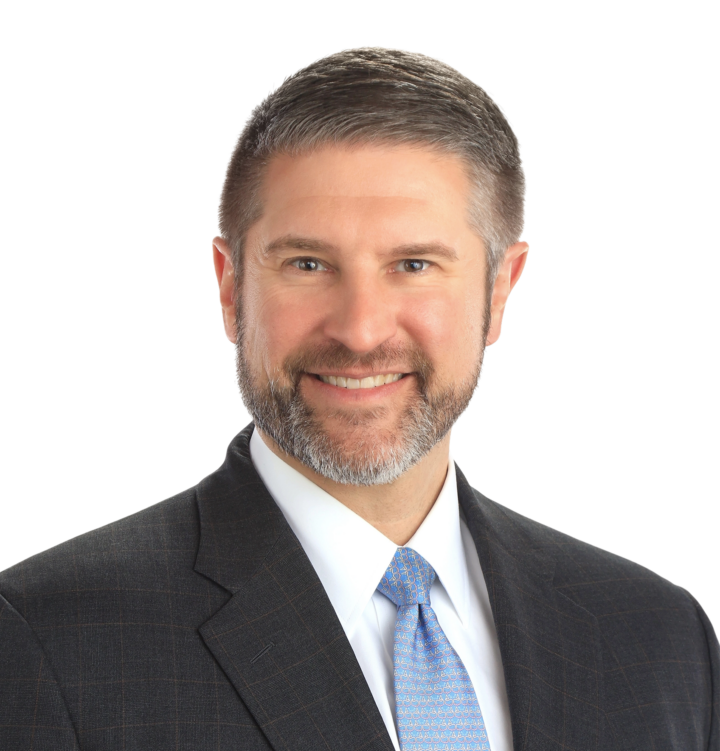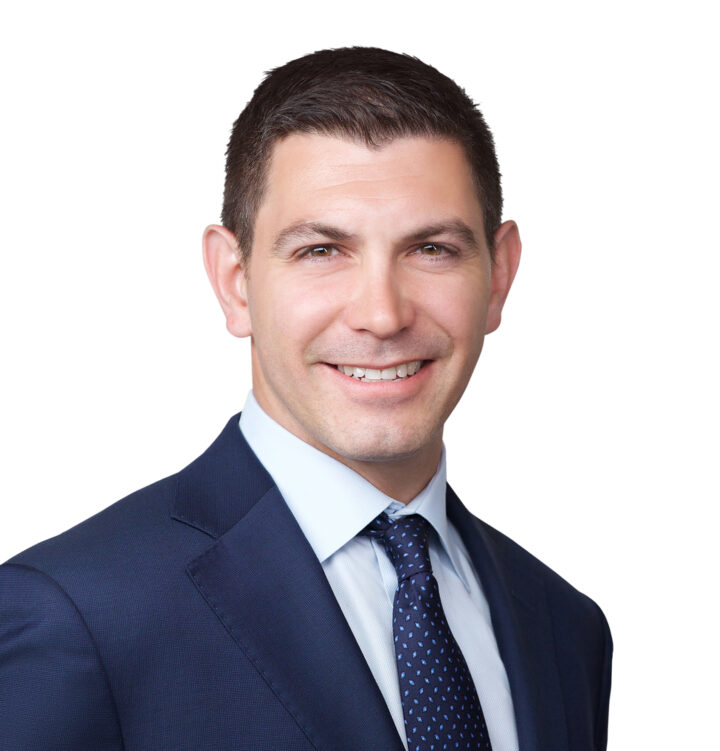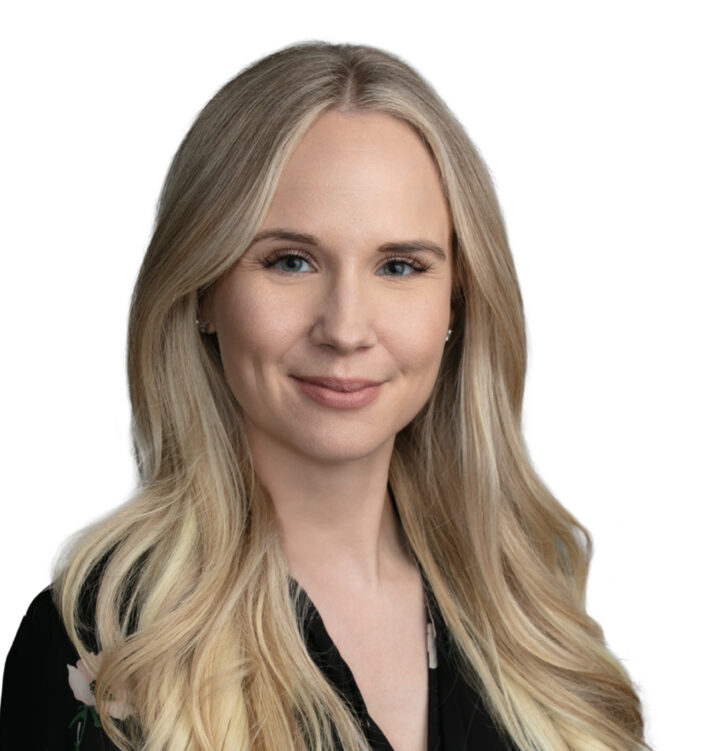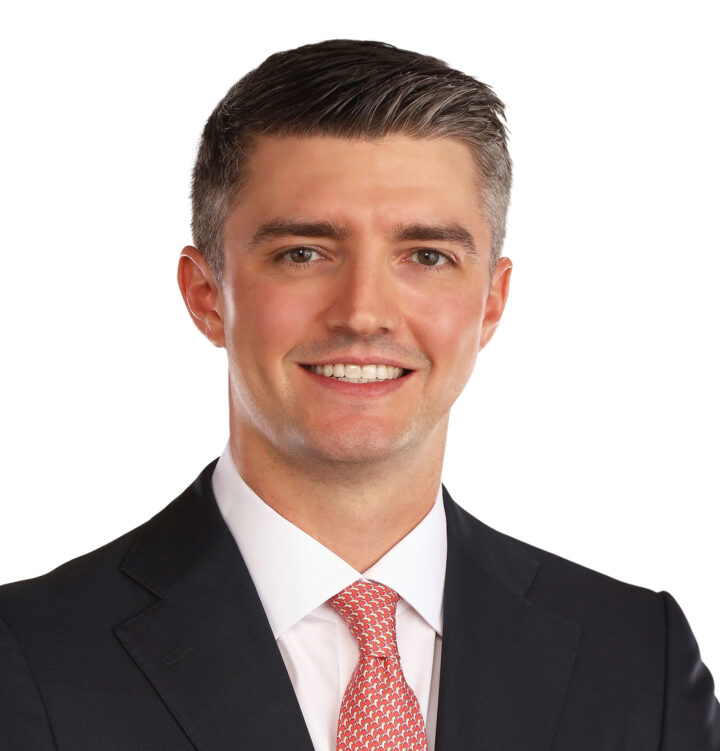Q&A With Automotive and Aftermarket Investment Banking Expert Todd Cassidy
- Todd Cassidy, Managing Director
Portage Point recently welcomed Todd Cassidy to lead the firm’s advisory services in the automotive and aftermarket sectors. Below, Todd dives deeper into his knowledge and experience and explores current trends affecting the automotive industry.
What is the current state of the automotive sector
Right now, automakers are battling uncertainty on top of uncertainty. To start with the most recent development, the Trump Administration’s 25% tariffs1 on vehicles and auto parts is raising questions around how automaker supply chains will evolve over the next several years. The automotive industry generally relies on just-in-time supply, and most companies do not have dual sourcing in place, meaning they cannot simply switch over to a new supplier in response to new costs, including tariffs. Automotive suppliers are adopting a wait-and-see approach for now, holding off on making bigger strategic decisions and financial commitments until more certainty emerges around which tariffs will and will not remain in place and potential duration. Automotive industry cycles are measured in years, not quarters. Whatever changes they opt to make – whether investigating new sub-suppliers or changing production locations – automotive supply companies will wait for a clear view of the road ahead before proceeding.
Tariffs are not the only force at play. Electric vehicles (EVs), long anticipated to be a larger part of the car parc today, are still below expectations in the aftermath of a year characterized by lower-than-expected market reception. Light vehicle suppliers are increasingly concerned about stranded capital in EV programs, and here again it is safe to expect that tariff burdens could lead to additional pressure, especially in the shorter term. But none of this is to say that the industry will be pulling back from EVs. EVs are not going away, but the pace of transition from internal combustion engine (ICE) vehicles to EVs may be slower than previously anticipated.
However, the industry is resilient and is a foundational element to a major industrial economy. Automotive suppliers and original equipment manufacturers (OEMs) have demonstrated an ability to adapt and make money once the constraints are known. The industry is operating in what we expect to be a relatively short period of uncertainty and once the rules are identified, it is poised to recover quickly. Demand for automobiles is immense and the United States is a car society. In fact, there is pent up demand for new vehicles, as the average lifespan of consumer vehicles continues to increase and consumers hold onto their current vehicles for longer, now in excess of 12 years on average.2
What do those market dynamics mean for the aftermarket
As is often the case, headwinds for the automotive supply industry are tailwinds for the automotive aftermarket sector, particularly given the age and size of the car parc. Specifically, suppliers of non-discretionary replacement parts and services intended to extend the life of a vehicle are positioned for strong success in the coming quarters. This is the other side of the coin, so to speak, of the increasing average vehicle age. Those vehicles will need maintenance and upkeep. Suppliers who can produce domestically and minimize tariff import disruptions will be in a strong competitive position.
How is this impacting dealmaking
For the aftermarket, sellers of non-discretionary aftermarket businesses are likely to see strong demand for their businesses. They are generally highly sought after, but in the current environment will be even more so. Investors and corporates with whom I maintain dialogue are actively looking for strong businesses to acquire. The challenge is not for lack of interest or capital, but the relative lack of available attractive targets relative to other time periods.
As mentioned, most automotive companies are in a wait-and-see posture, but that does not mean the industry is frozen. For companies with global supply chains that are not feeling the effects of tariffs, acquiring a domestic or near-shore supplier could be a quick path forward. There are not many viable targets, but those that do go to market during this time will likely garner significant interest.
We are also seeing companies zero in on optimization. When the M&A landscape gets tougher, streamlined internal operations – and the cost reductions and efficiency gains that come with them – can be a powerful competitive differentiator. Labor, for example, continues to be very expensive. Companies that have already automated production are going to be better positioned for success and will want to emphasize those capabilities. Companies that have yet to get there might consider making those investments now, both to help them weather the high-cost environment and make themselves a more appealing investment.
As a part of the Portage Point platform, what benefits are you are most excited to bring to automotive industry clients
I was drawn to the Portage Point platform because of the broad, full lifecycle suite of solutions that it offers its clients. As someone who has been focused on transactions for the last 20 years, it can be easy to view engagements in a compartmentalized way. We have the capability to get in and add value far earlier than traditional investment banking platforms. For example, at the front end of an investment, our integrated team can be additive on upfront financial and tax due diligence, providing strategic advice on the 100-day plan or carrying that planning work post-closing to capture synergies or to ensure a smooth standup of a new investment. In addition, being able to provide guidance and execution support at other points during an investment, like helping with a facility consolidation or standing up a reporting dashboard that allows for better management of a business, we can prove to be a value-added partner throughout an investment.
The ability to incorporate my industry knowledge and relationships with our other practice lines including Transaction Advisory Services, Office of the CFO, Performance Improvement and Turnaround and Restructuring Services, is a differentiator in the middle market. This enables a greater depth in my relationships resulting from the consistent touchpoints across services such as helping with an acquisition, finding capital to support the next stage of growth or positioning a company for a sale. I am excited about bringing our deep advisory experience to clients throughout the automotive ecosystem and support value creation.
This is an industry where clients need a partner who has experienced the cycles of the past several decades. Having been deep in the automotive industry since the late 1990s, I have seen everything from major recalls to the 2008 financial crisis to the COVID-19 pandemic and now this new tariff regime. I understand the twists and turns this industry has been through, and I am happy to be part of a platform that places a premium on that deep knowledge and believes in putting it to work for our clients.
CLICK HERE TO DOWNLOAD THE PDF
1 The White House
2 S&P Global
Disclaimer
Investing in securities involves risk, including the potential loss of principal. The value of investments can go down as well as up, and investors may not get back the full amount originally. invested. Past performance is not indicative of future results. All investments carry some degree of risk, including the potential for loss of principal.
This document is for informational purposes only and does not constitute an offer or solicitation to purchase or sell securities. The views and opinions expressed in this article are those of the Firm. The content is for informational purposes only and should not be construed as professional or investment advice. Investors should seek advice from a qualified financial advisor and conduct their own research and due diligence before making any investment decisions.
Investment Banking Services are offered through Triple P Securities, LLC. Member FINRA SIPC; details on BrokerCheck.
 |
TODD CASSIDY Managing Director Todd Cassidy has nearly 25 years of professional experience in the automotive ecosystem as both an investment banker and operator. He focuses coverage efforts on businesses and investors in the vehicular supply chain, automotive aftermarket, commercial vehicle supply and specialty vehicle markets. Todd has worked with clients across varied business models including manufacturers, distributors and asset-light suppliers with diverse go-to-market strategies. His experience includes advising public, private and institutionally owned businesses. Over the course of his career, Todd has completed more than 70 engagements including buy and sell-side mergers and acquisitions, debt and equity capital raises and other strategic advisories. |
